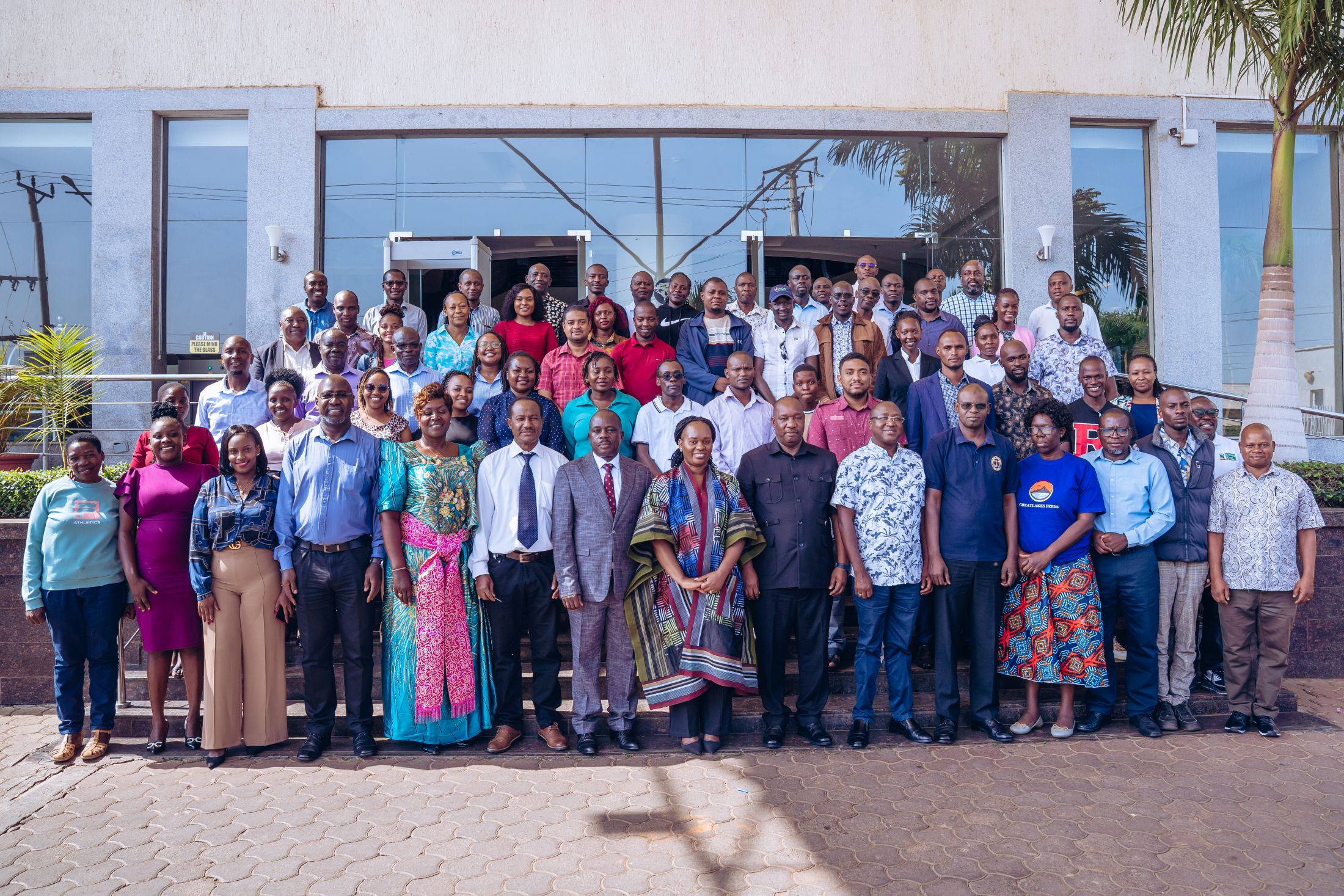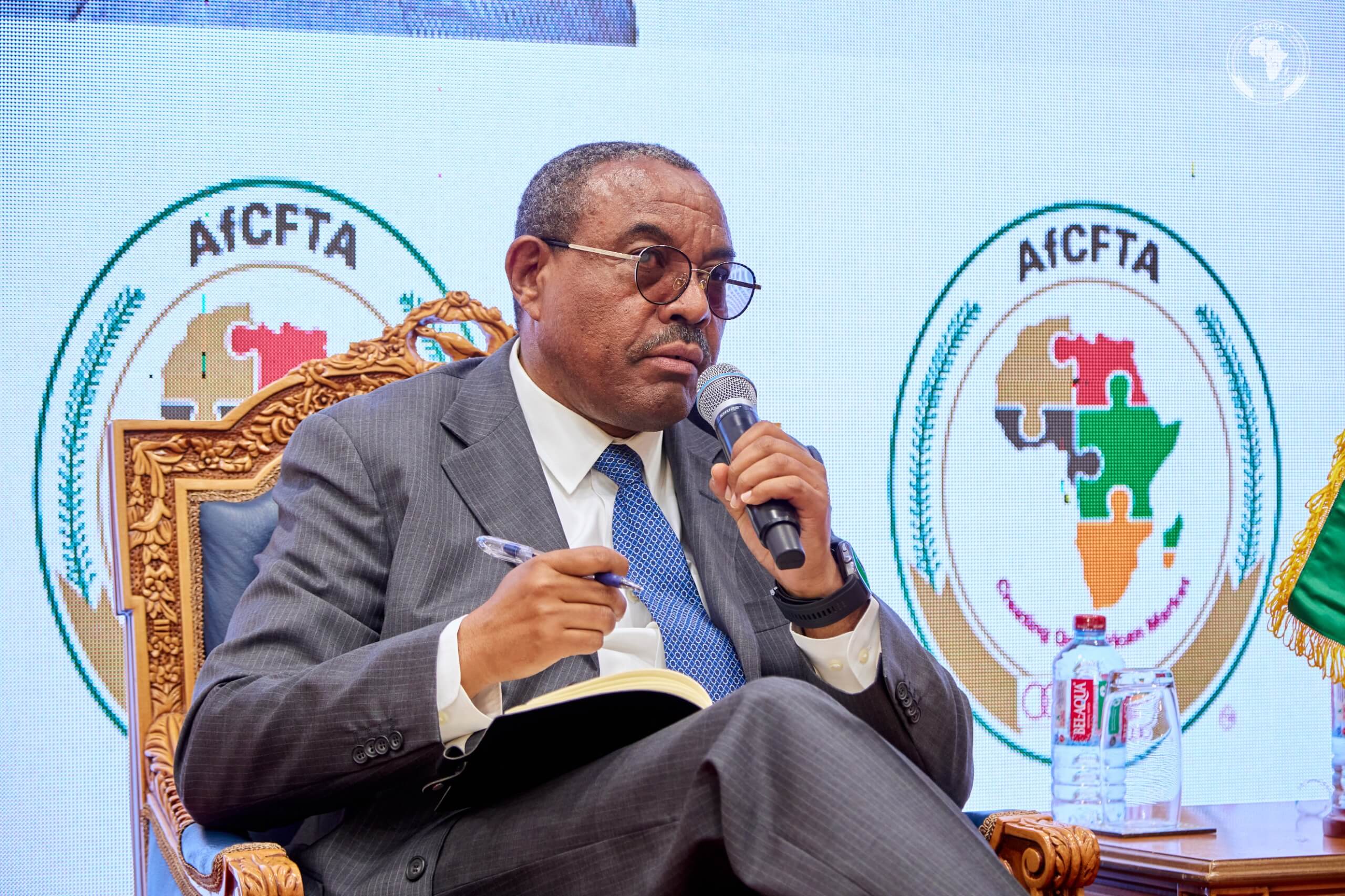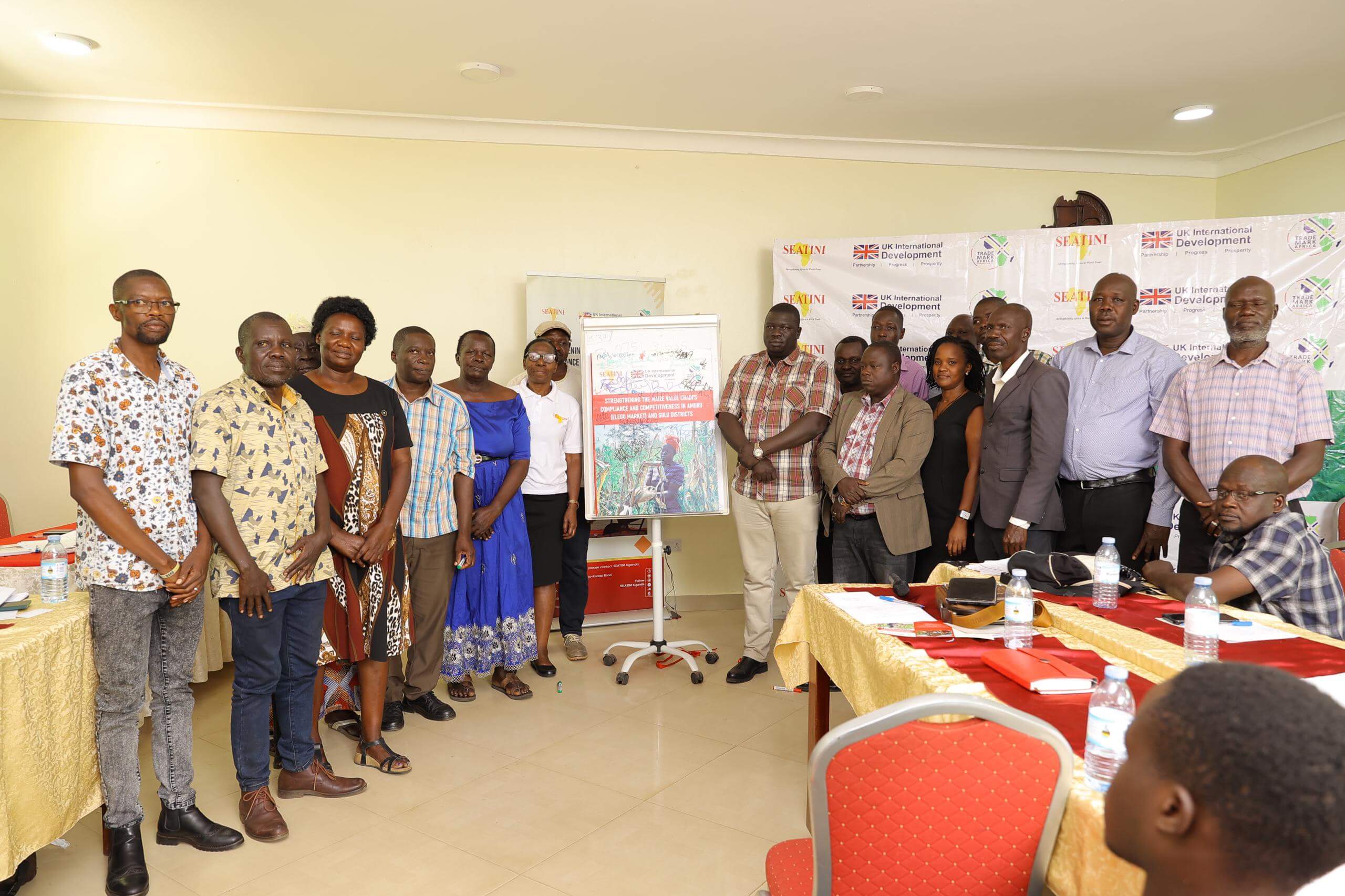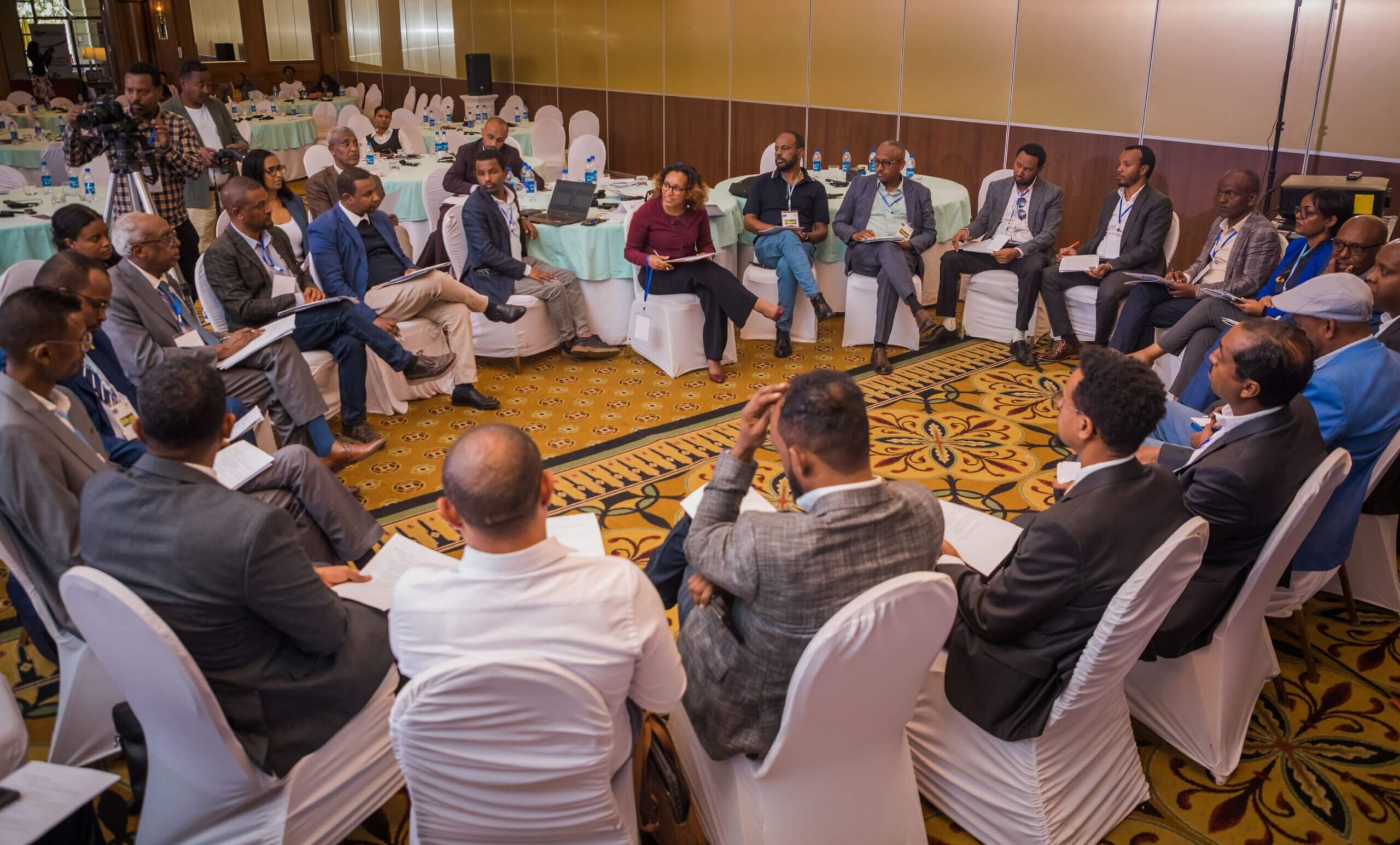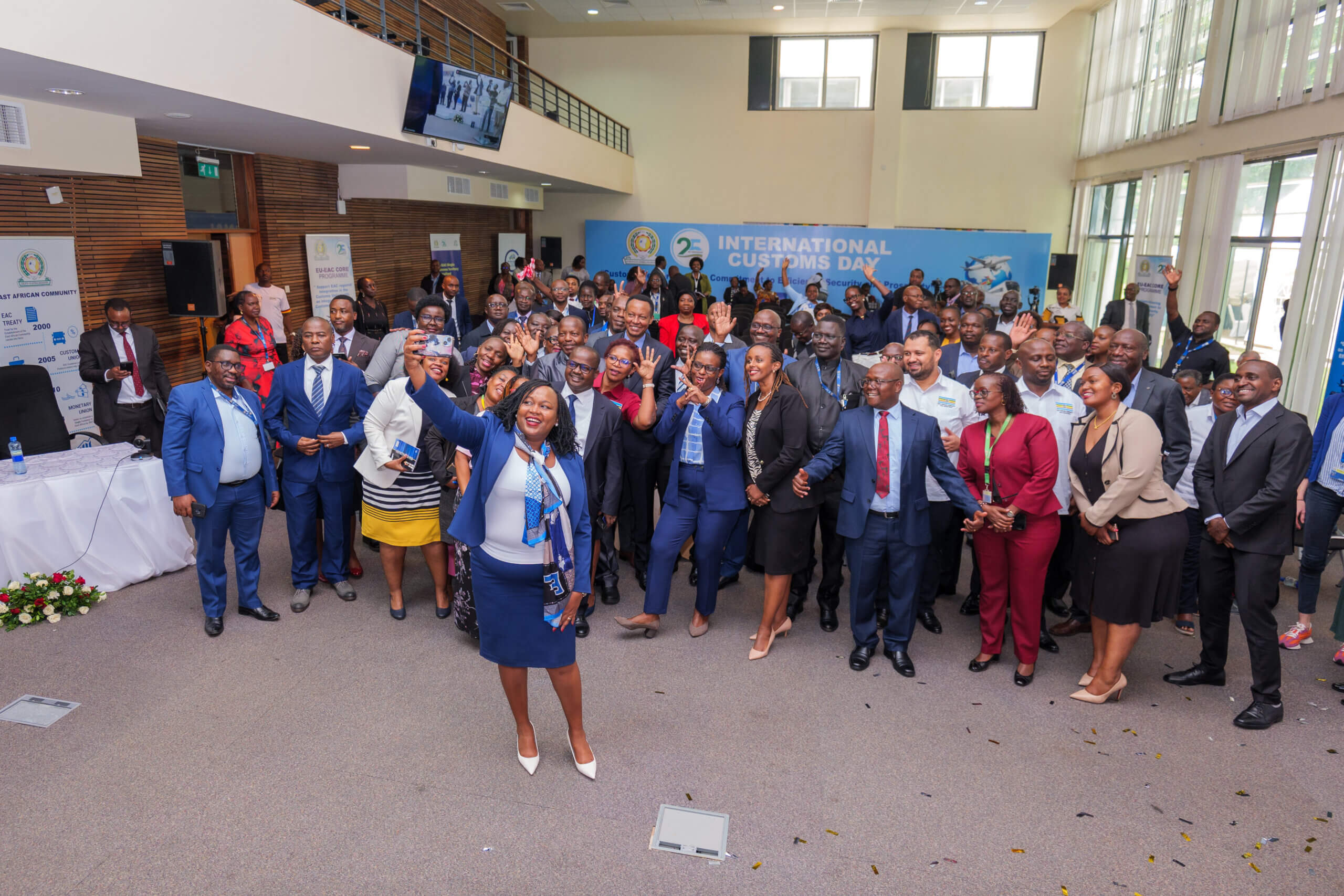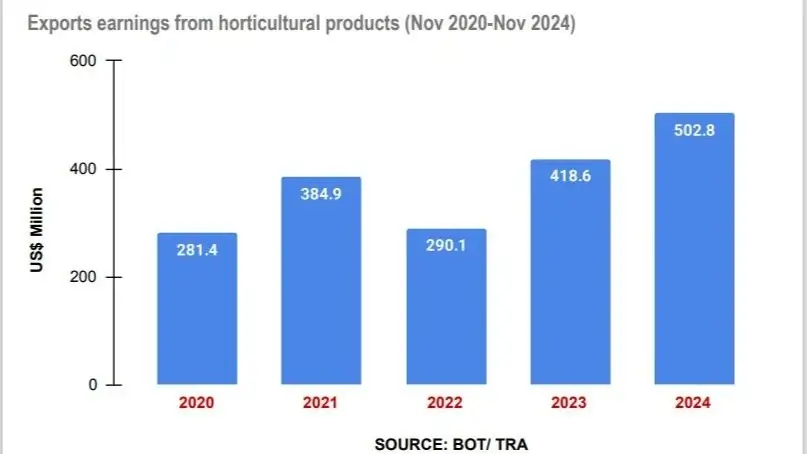Stakeholders pose for a group photo during the National Fisheries Stakeholders Consultative Workshop held in Kisumu, Kenya, on 26–27 June 2025 National Fisheries Stakeholders Workshop Deliberates on Policy Coordination, Gender Inclusion, and Trade Opportunities under the Fisheries Programme. Kenya's fisheries sector holds immense potential to drive inclusive economic growth and regional trade, but only if policies are harmonised, coordination is strengthened, and women and youth are fully empowered to participate meaningfully. This was the rallying call from stakeholders who gathered in Kisumu from 26 to 27 June 2025 for a national fisheries workshop intended to strengthen cross-border trade and unlock opportunities for women and youth in the sector. The two-day event was convened under the Women and Youth Economic Empowerment in Fisheries through Inclusive Market Access programme, a four-year initiative led by TradeMark Africa and the African Continental Free Trade Area (AfCFTA) Secretariat, in partnership with the Mastercard Foundation. The initiative is being implemented in Kenya, Uganda, Tanzania, the Democratic Republic of Congo (DRC), Zambia, Nigeria, across 11 border crossings, and in select island states in Africa. The programme seeks to dismantle structural barriers that prevent women and youth from fully participating in the fisheries value chain, thereby enhancing their potential for economic growth. Main objectives include the provision of training, strengthening of supply chain linkages, promotion of digital solutions, simplification of trade regulations, enforcement of standards, and facilitation of cross-border market access. The target is to create or enable over 240,000 meaningful, sustainable, and decent jobs by 2028. Kennedy...
Stakeholders call for inclusive, sustainable growth to unlock the potential of Kenya’s fisheries sector
Posted on: July 12, 2025
Posted on: July 12, 2025

